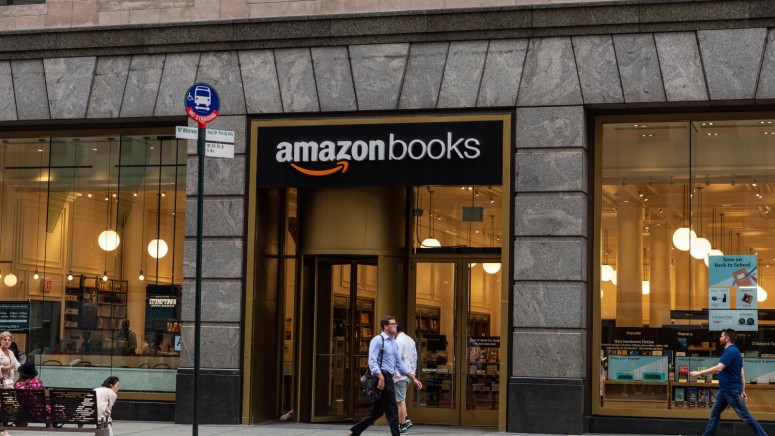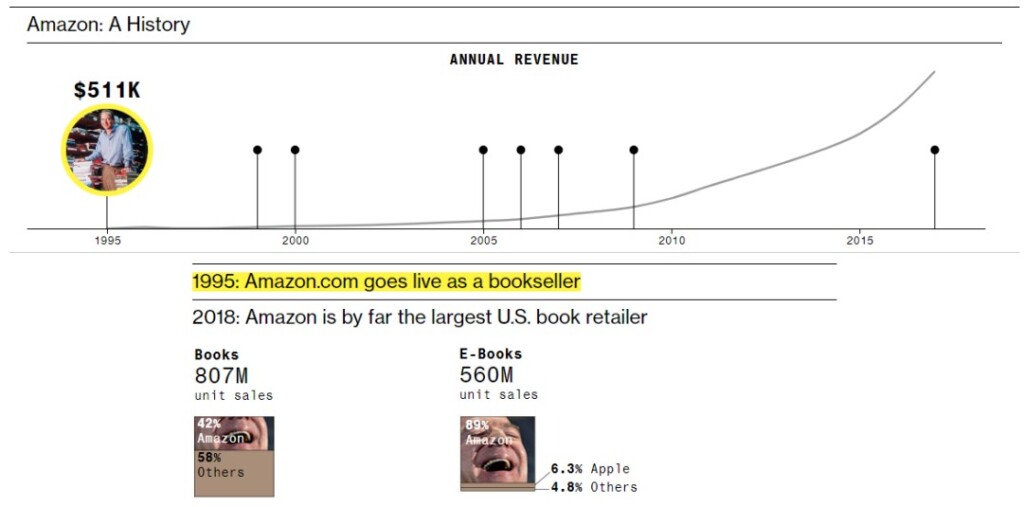
Amazon Targeted by Class Action Lawsuit for eBook Price-Fixing
- Amazon allegedly set up and operated a system of anti-competition, conspiring with five big publishers.
- The American publishers who participated did it out of fear of being rendered obsolete.
- The plaintiffs request the intervention of the authorities and the approval of monetary damages.
Amazon is accused of e-book price-fixing and forming a consumer-hurting cartel with five large publishers in the United States. This comes through a class action lawsuit submitted by ‘Hagens Berman’ in the Federal District Court of New York, demanding a trial by jury on grounds of antitrust law and Sherman Act violations. Also, the motion seeks the approval of relevant restraints imposed on Amazon for the future, as well as the approval of monetary relief and damages.
The anti-competitive practices described in the lawsuit puts Amazon in a scheme with publishers ‘HarperCollins,’ the ‘Hachette Book Group,’ ‘Penguin Random House,’ ‘Simon & Schuster,’ and ‘MacMillan.’ Those five publishers, called “the Big Five,” account for around 80% of all books sold in the United States, so any exclusive agreement with them constitutes a conspiracy to fix the retail price of e-books as the lawsuit characteristically argues.
Allegedly, those five publishers pay Amazon a high commission and agree to offer their books at the same prices as in other websites that use different distribution platforms, rendering even subscriptions worthless and obsolete. Even on their own sites, the Big Five has the same or even a higher price than what Amazon offers for the same titles. Amazon’s retail competitors struggle to offer lower commissions and fees, and yet the Big Five isn’t giving them the books on competitive prices.
The lawsuit claims that these publishers feared the growing power of Amazon and were worried that they would be soon rendered obsolete as Amazon could easily bypass them to negotiate directly with authors and literary agents. Thus, they were forced to consider Amazon’s antitrust terms, empowering the success of the platform even more. As a result of this monopoly, a large number of bookstores across the US have closed down, and even the once-mighty ‘Barnes & Noble’ has closed 150 outlets in the last decade.
The legal action goes into details about how the Big Five actively stopped other retailers from doing “promotional offers,” as they had to meet the same price on Amazon following a system of selection parity. Also, the Big Five should not do “early releases” of ebooks to other retailers.
Finally, there’s even a mention about fake negotiations between Amazon and the Big Five, published with the sole purpose of tricking the consumers. Every time Amazon promised to negotiate to discount ebook prices of the Big Five, customers saw a price increase between 8.3% and 30.4% in a week.







